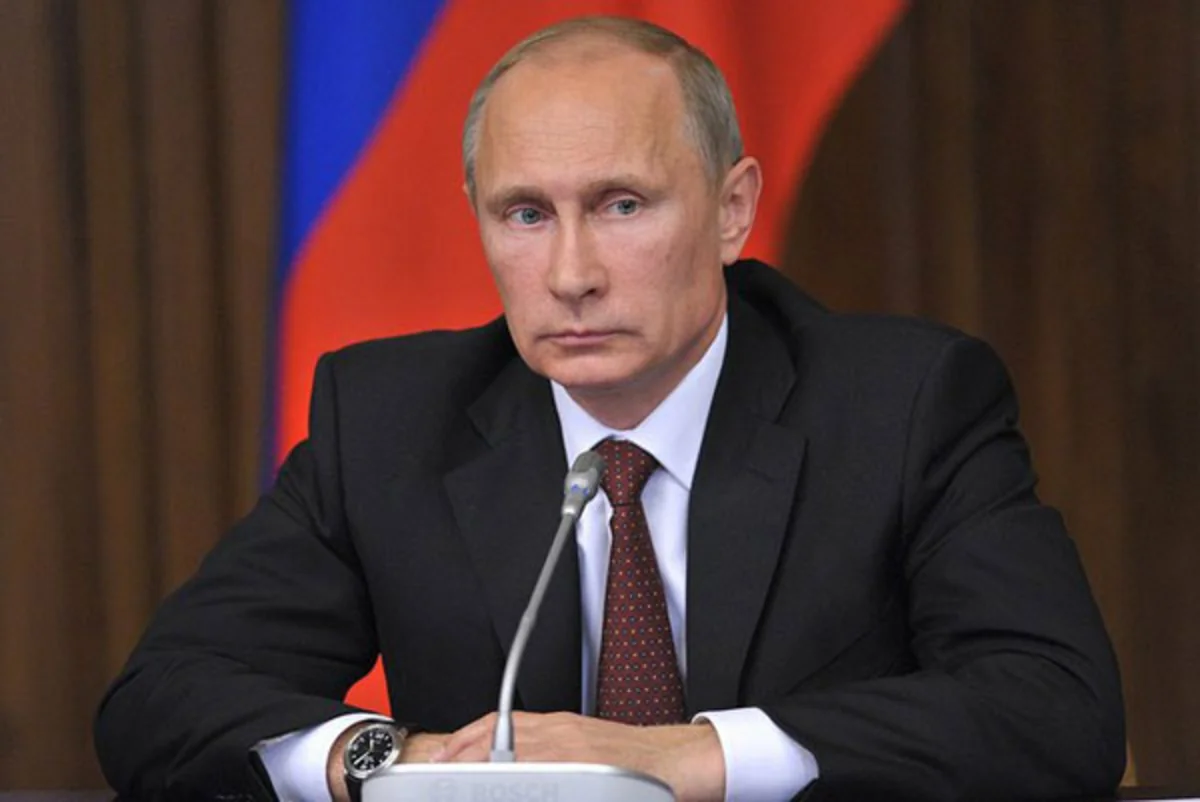Putin tends to keep Iran through C-300 systems - COMMENT
- 17 April, 2015
- 07:27

Baku. 17 April. REPORT.AZ/ Russian President Vladimir Putin during a "straight line" on April 16, answering questions from citizens and representatives of local and foreign media, the discussion also touched on the Iranian nuclear issue and delivery of C-300 to Iran.
Putin stressed, the contract for the supply of anti-aircraft missile systems C-300 was signed in 2007, and in 2010 the sale unilaterally suspended. He noted that, currently Iranian partners are making great efforts to reach a compromise on its nuclear program: "In fact, all said that an agreement is reached and there were only technical details."
During his visit to Moscow on April 15-16, Iranian Minister Hussein Dehgan said that, the question of supply C-300 resolved: "The agreement is available, now it's time to discuss the terms of delivery."
In 2010, Russian President Dmitry Medvedev signed a decree to suspend delivery of these systems to Iran. This was due to the UN Security Council sanctions against Iran.
On April 13, 2015 Russian President Vladimir Putin signed a decree on the supply of C-300 systems to Iran.
5 years ago, Iran has threatened to Russian court for failure to comply with conditions of the contract. Tehran demanded from Russia the C-300 systems, for which paid around 1 billion dollars.
In what military and political conditions the Russian President signed this order? After about a month the escalation of tensions in Yemen. Moscow claims that the C-300 is defensive in nature and doesn't threaten the security of the Middle East.
At first sight, it's clear that this is just an excuse. Because in 2010 the situation in Ukraine was not directed against Russia and EU sanctions in relation to Russia not applied yet. On the other hand, Iran is not adjacent to Yemen. In our opinion, it would be more believable if Russia cited as reasons for the threat from LIH from Iraq and Syria.
Thus, the imposition on the agenda of the agreement between Russia and Iran on the supply of C-300 systems makes possible to suggest the following:
-Russia in this way puts pressure on the West;
-Vladimir Putin wants to revive the military-industrial complex through the sale of weapons;
-Russia is trying to maintain its presence in the Middle East;
-The Kremlin wants to prevent Iran's gravitation towards the West;
-Russia wants to demonstrate its alliance with Iran;
-Moscow wants to strengthen relations with Tehran;
-Russia sends a kind of "message of" the global arms market;
-The Kremlin wants to present itself as a reliable partner in the arms trade and others.
Although Russia is taking part in the agreement on Iran's nuclear program, so clear that games are playing between the West and the Islamic Republic. From this position, after the lifting of sanctions Russia have nothing more to offer Iran, except for C-300 systems.
However, in the case of the lifting of sanctions, Tehran will return their billion dollars from Western accounts, also will be able to attract foreign investment the country's economy.
